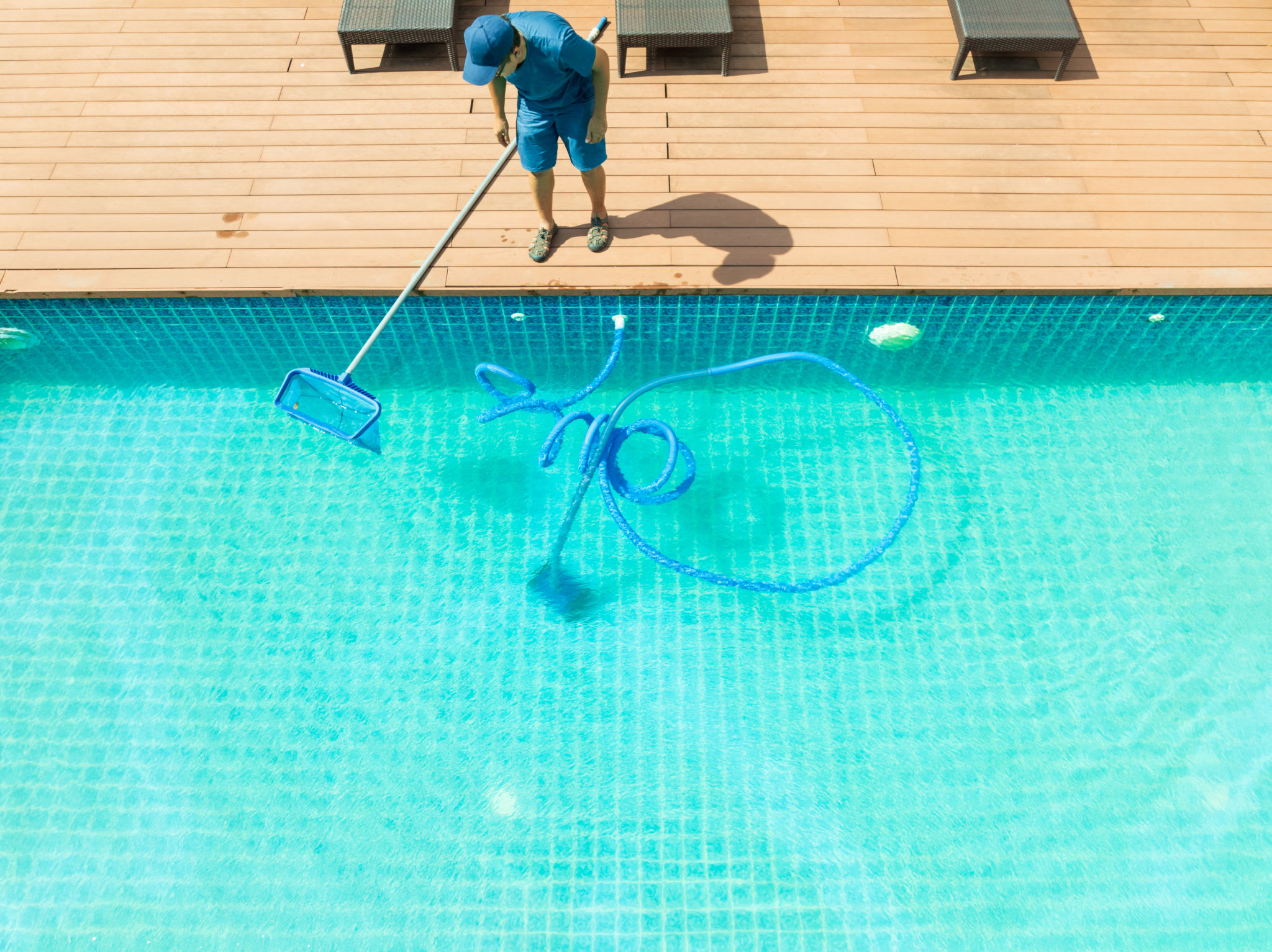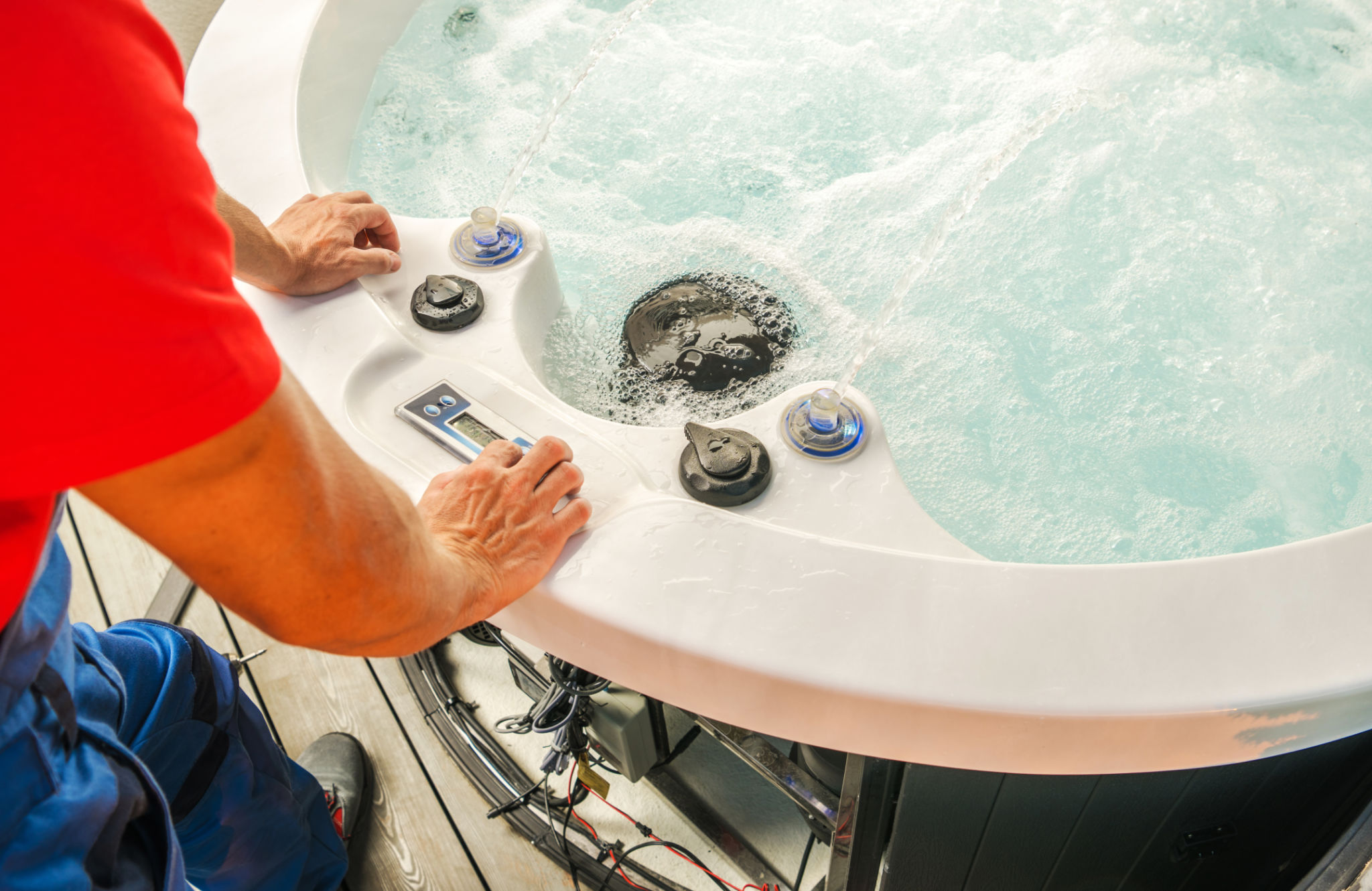Myth-Busting: Common Misconceptions About Pool and Spa Maintenance
Understanding Pool and Spa Maintenance
When it comes to maintaining pools and spas, there are numerous misconceptions that can lead to unnecessary stress and confusion. Understanding the essentials of pool and spa care can help you keep your water clean and safe while saving time and money.
Many people believe that pool and spa maintenance is overly complicated. However, with the right knowledge and tools, it can be a straightforward process. Let's debunk some of the most common myths surrounding this topic.

Myth 1: More Chemicals Mean a Cleaner Pool
One of the most prevalent myths is that using more chemicals will result in a cleaner pool. In reality, overuse of chemicals can lead to irritation and discomfort for swimmers and can even damage your pool equipment. It's essential to maintain a balanced chemical level rather than simply increasing the amount.
A good practice is to regularly test your water's chemical levels and adjust them accordingly. This helps keep the water safe and pleasant for use without unnecessary chemical additions.
Myth 2: Pools Need to Be Drained Regularly
Another misconception is that pools must be drained frequently to ensure cleanliness. Draining a pool should only occur when absolutely necessary, such as during major repairs, because it can waste a significant amount of water.
Instead of draining, regular cleaning, filtration, and chemical balancing are sufficient to maintain water quality. Keeping your filtration system in top shape is key to ensuring that your pool remains clean without needing frequent draining.

Myth 3: Saltwater Pools Are Maintenance-Free
Saltwater pools are often marketed as low-maintenance solutions, but they aren't entirely maintenance-free. While they may require less chlorine, regular monitoring and maintenance of the salt chlorinator are necessary to ensure proper functioning.
- Regular testing of salt levels
- Maintaining the chlorinator cell
- Checking for corrosion on metal components
These steps are crucial in keeping your saltwater pool in optimal condition without unexpected issues.
Myth 4: Spa Water Doesn't Require Regular Change
Spas often seem like they can be left alone longer than pools, but this is not the case. Due to their smaller volume and higher temperatures, bacteria can quickly proliferate in spas if not properly managed. Regular water changes are necessary to maintain hygiene and water quality.

To ensure a healthy spa environment, consider changing the water every three to four months, depending on usage frequency. Regularly checking and balancing chemical levels is also essential.
Conclusion: Knowledge is Key
By understanding and debunking these common myths, you can approach pool and spa maintenance with confidence and clarity. Remember, consistent care and attention to detail are crucial in maintaining a clean and inviting aquatic environment.
Whether you're managing a pool or a spa, staying informed about best practices ensures that you can enjoy your backyard oasis without hassle or worry.